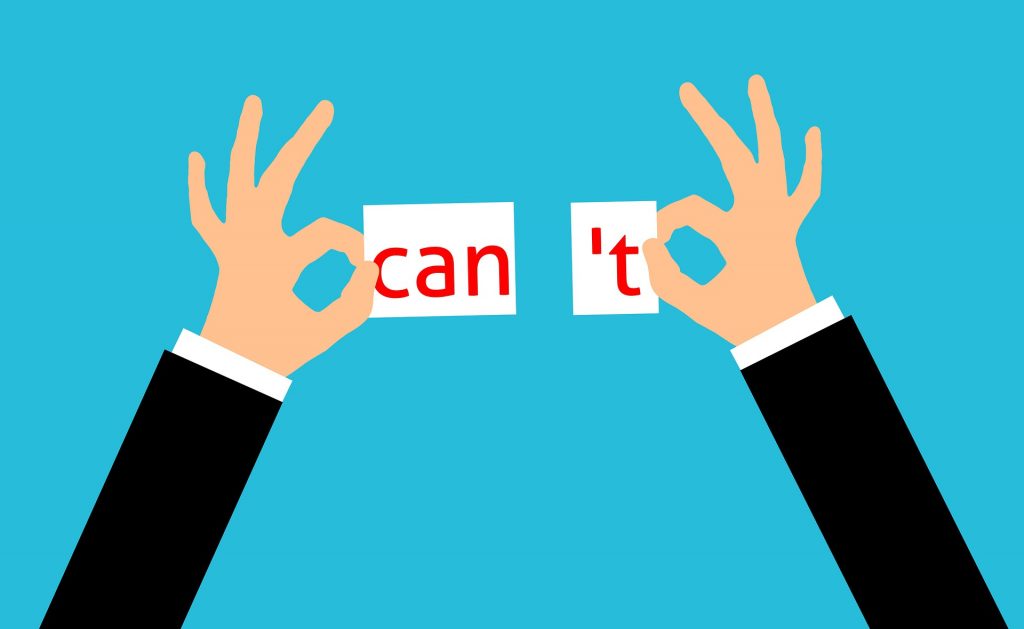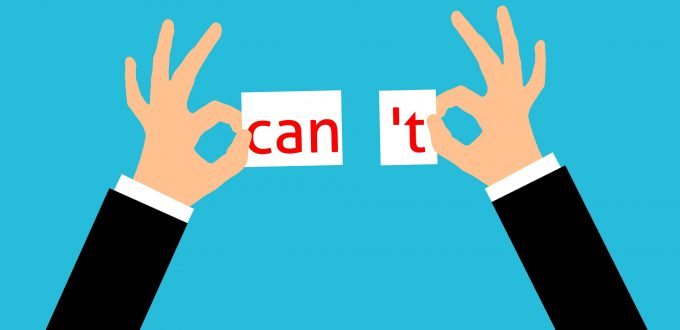
As the coronavirus forced people into self-isolation and businesses into shutdown, Australians have had to adjust to a new normal. So too have entrepreneurs, which no matter their sector have been forced to look for new opportunities as their old businesses either took a hit or dried up altogether.
Here’s how four different companies did it.
Selling straight from the source
Single O is a cafe operator and coffee bean roaster based out of Sydney. An exodus of city office workers and a prohibition on dining took a hatchet to cafe businesses of all stripes, including their own.
With a sudden lack of demand for their roasted coffee beans from other cafes, owners Dion and Emma found themselves hit on both sides. Knowing Australians were still going to need their fix, and wholesale customers weren’t buying, they started selling to individuals, knocking up a ‘Stimulus Blend’ in the space of 48 hours.
Single O moved into offering essential groceries.
Their partners, like Three Blue Ducks and the Boathouse Crew, who helped them sell their roast, were able to earn 30% of sales in coffee credit to help them transition back to business, under a program they called ‘Kickback’.
“The hospitality downturn hit hard with the closure of non-essential services, but the smaller side of our business, our online shop, was going strong. We thought how can we help our café customers with this? And ‘Kickback’ was born,” Single O Co-Founder Dion Cohen told Business Insider Australia via email.
Cafes, recognising there was a sudden surge in home cooking and need for essentials, began selling their own flour and cultured butter directly to this new customer base, on top of their takeaway meals.
“We’ve always looked to innovate but things tend to take time. When times are desperate like this, it’s really about having the right intent and showing that to your partners, having a crack and putting something out there,” head of marketing Miles Thomas said.
Changing their production entirely
Just as demand for beans and blend suddenly dissipated, so too did demand from pubs and bars for something a little stronger.
It left Newcastle’s Earp Distillery with slackened demand but the ability to make something just as essential: hand sanitiser. With plenty of ethanol on hand, it was a relatively easy transition to make, with plenty of their peers getting in on the action.
Inside Earp Distillery
“We didn’t imagine we’d be making hand sanitiser when we set up the distillery, but we’re happy to be helping the community,” owner and joint managing director Michael Earp said. “Whether it’s helping businesses continue operating or providing a product people need to safeguard their health, we want to quickly respond by turning around a new service or offering.”
Earp managed to grow quickly, supplying large clients like Australia Post in the process. In growing its team to deal with the surge in demand, it prioritised local workers left out in the cold by the shutdown. Earp says the business will continue to transform as is required.
“As the needs of businesses and the community change, we’ll be adapting along with them,” he said.
Shifting online when the offline world shut down
As venues shut down, brewery Two Birds Brewing too had to look elsewhere to sell their craft beers.
The key, as for many, was to quickly transition online to find customers they could no longer interact with in person. Unable to sell kegs to bars, the brewery moved to sell the same beer straight to customers via their online store.
Two Birds Brewing co-founder Danielle Allen
For those unable to wait, the two co-founders Jayne Lewis and Danielle Allen set up a drive-thru within the first weekend of restrictions and opting to sell food via Uber Eats.
“We’re shifting what we offer as our customers’ behaviour shifts,” Allen said. “Initially that meant setting up drive-thru in the first few weeks, then offering takeaway and food delivery. Now we’re constantly looking for new ways to connect with our customers as restrictions change into the future.”
Recognising a new market
Of course, while the virus threw up challenges for many businesses, it also presented big opportunities.
Take Education Perfect, an online education platform that suddenly found its wares in more demand than ever. As schools physically shut down and learning moved to the home, it understood there was a window to push into new markets.
The platform began offering free licences for institutions in Asia at the beginning of the outbreak. Allowing schools to use it until the start of May, the business expanded the offer worldwide as the virus spread, signing up more than half a million users in over 100 countries.
“If you really embrace the challenge and everyone comes together, you can get a huge amount done in a short space of time,” CFO Simon Robinson said.
Source: Business Insider











